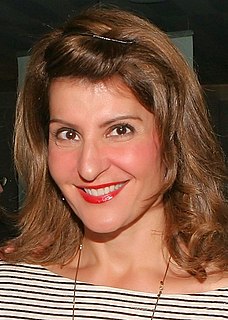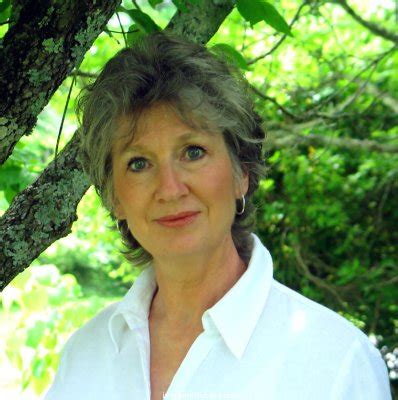A Quote by David Olusoga
When historians write the last pages of their books, and the producers of history documentaries sit down to edit the final minutes of their programmes, there is often a strong urge to look to the future and emphasise the positive.
Related Quotes
The Whig interpretation of history ... is the tendency in many historians to write on the side of Protestants and Whigs, to praise revolutions provided they have been successful, to emphasise certain principles of progress in the past and to produce a story which is the ratification if not the glorification of the present.
There is a hideous invention called the Dewey Decimal System. And you have to look up your topic in books and newspapers. Pages upon pages upon pages…” Uncle Will frowned. “Didn’t they teach you how to go about research in that school of yours?” “No. But I can recite ‘The Battle Hymn of the Republic’ while making martinis.” “I weep for the future.” “There’s where the martinis come in.
Take the time you need to learn the craft. Then sit down and write. When you hand over your completed manuscript to a trusted reader, keep an open mind. Edit, edit, and edit again. After you have written a great query letter, go to AgentQuery.com. This site is an invaluable resource that lists agents in your genre. Submit, accept rejection as part of the process, and submit again. And, of course, never give up.
There's no other way to learn about it, except through documentaries. I encourage documentarians to continue telling stories about World War II. I think documentaries are the greatest way to educate an entire generation that doesn't often look back to learn anything about the history that provided a safe haven for so many of us today. Documentaries are the first line of education, and the second line of education is dramatization, such as The Pacific.
Look, history is interesting. I read three books on George Washington last year. And my opinion is that if they're still analyzing the first president, the 43rd president ought to be doing what he thinks is right. And eventually, historians will come and realize whether... the decisions I made made sense.
Writing is a strange and solitary activity. There are dispiriting times when you start working on the first few pages of a novel. Every day, you have the feeling you are on the wrong track. This creates a strong urge to go back and follow a different path. It is important not to give in to this urge but to keep going.







































